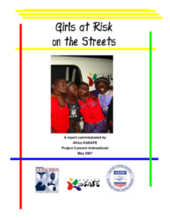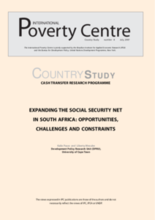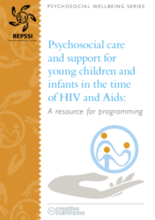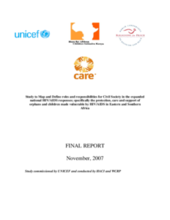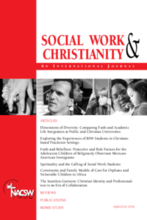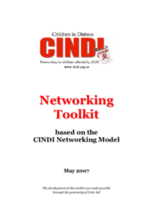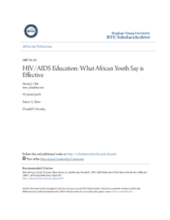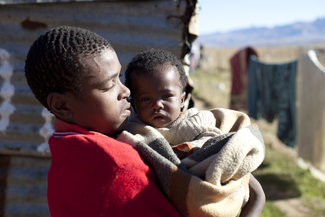

Displaying 501 - 510 of 576
A report that identifies gaps and provides recommendations for protecting and supporting girls living on the streets. It provides models of good practices from Ghana, Kenya and Zimbabwe.
Examines constraints to expansion of the social welfare net in South Africa. Cites substitution taking place within the social budget since education and health expenditures have already declined in favour of increased welfare transfer expenditures.
Clear programme guidance on psychosocial support, with a special focus on infants and young children. Excellent explanation of psychosocial support models.
This study commissioned by UNICEF, Hope for African Children Initiative (HACI), and World Conference on Religions and Peace (WCRP) maps and defines roles and responsibilities for Civil Society in the expanded national HIV/AIDS responses. The report pays particular attention to the protection, care and support of orphans and children made vulnerable by HIV and AIDS in Eastern and Southern Africa.
Investigates the AIDS mitigation impacts of several large social cash transfer programmes in Africa. Emphasis on investigating non-specific targeting (of poor families) versus targeting specific to households affected by AIDS.
Unites scripture and evidence to help guide North American Christians in responding the needs of children affected by HIV/AIDS. Identifies the shortcomings of institutional care and outlines specific and better alternatives available for supporting children in Africa. Highlights related resources for follow-up.
A networking lessons learned toolkit that examines CINDI, a successful children and HIV / AIDS network in South Africa.
A study of endogenous community-based responses to the needs of children affected by HIV and AIDS, and how these might be supported in KwaZulu-Natal.
A study of HIV/AIDS education programs and direction for creating curricula in African schools.
A series of 14 Core Indicator Sets that can be used by stakeholders to monitor the situation of children in South Africa.

